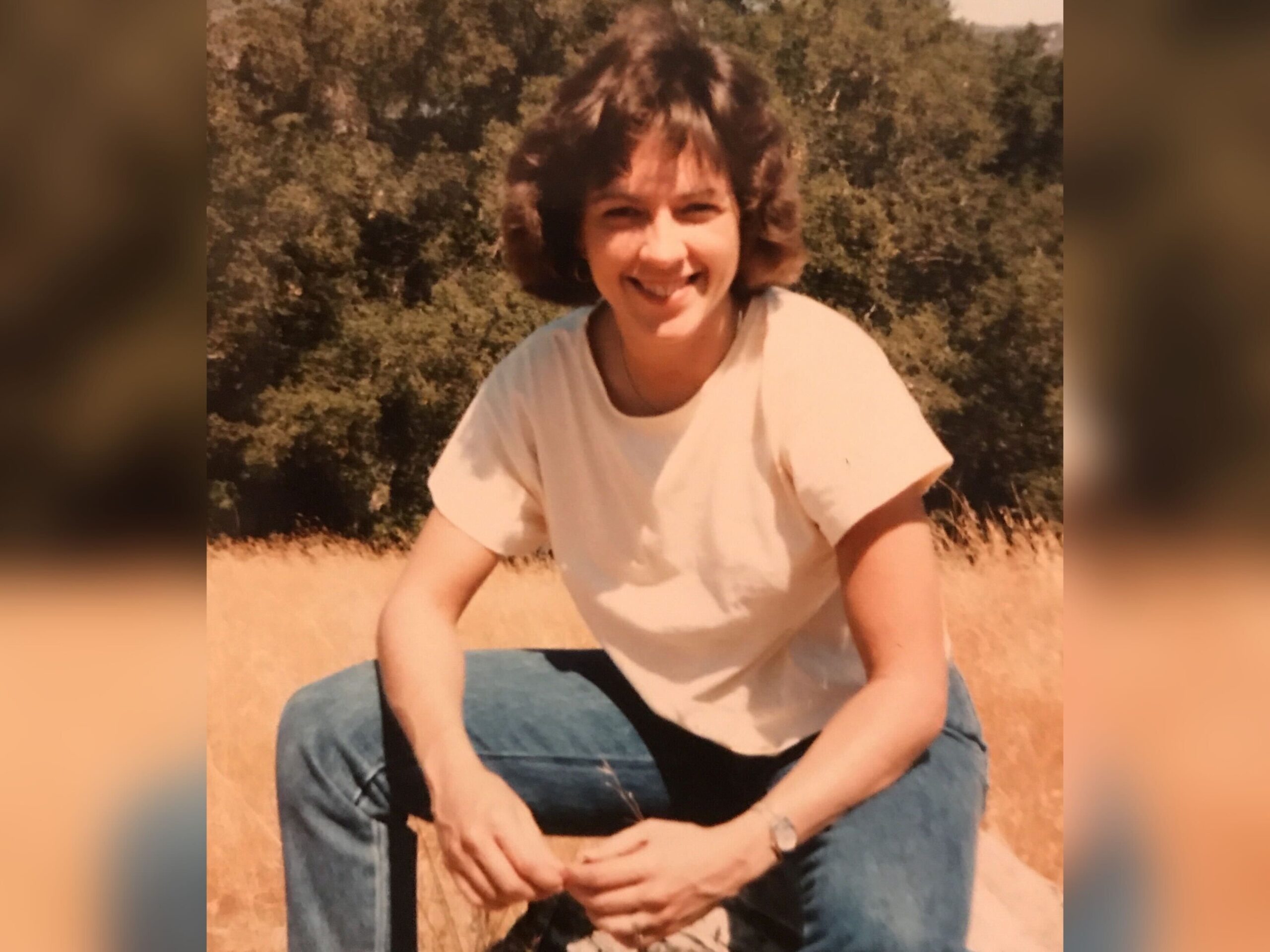Marsha Davis knows what it’s like to be the first member of your family to attend college.
“It meant so many things,” said Davis. “It meant opening up a whole new array of experiences that I wouldn’t have had – the educational opportunity but also learning from other people, from other regions of the country outside of the small town that I grew up in.”
That small town was Siler City, located in the heart of rural North Carolina. As a child, Davis dreamed of being a teacher, often setting up imaginary classrooms in her bedroom. And becoming a teacher meant she needed a college degree.
“It never occurred to a lot of people that you would go to college. My parents were supportive of me, but I knew I would need to get a scholarship,” she said.
She earned a full scholarship to attend Duke University where she majored in psychology and religion, and she went on to earn a master’s degree in educational psychology from Teacher’s College, Columbia University and a Ph.D. in educational psychology and epidemiology from the University of Minnesota.
Davis, who now serves as dean of the College of Public Health at the University of Georgia, says she is grateful for the mentors and the financial support she received at each step of her academic career.
“Through scholarships and a training grant from the National Institutes of Health, I was able to attain an education with opportunities not afforded my ancestors,” said Davis.
In honor of her legacy as a first-generation student, Davis has established the Dean Marsha Davis Graduate Fellowship Fund to provide need-based scholarships for public health graduate students who are first-generation students.
“I hope with this funding, we can support scholarships for students to come without worrying about the finances of graduate school,” she said.
UGA is committed to supporting first generation students through the transition to campus, and has been recognized by NASPA, the national organization for student affairs professionals in higher education, as a national leader for first-generation college student success innovation.
For many first gen students, the cost of higher education can be a major hurdle. With this scholarship, Davis seeks to help reduce the financial barriers that can accompany graduate programs. Specifically, she hopes this fund will attract more students from rural backgrounds to pursue graduate education in public health.
“I didn’t think that any of my early upbringing was preparing me to be a professor, but that’s where my research and passion has been, working in and with underserved and rural communities,” said Davis.
“And so, I want to give that opportunity to another student who might be in a similar situation and inspire them to not leave their background, but to give back to the communities from which they came.”
– Lauren Baggett
Posted on March 21, 2023.







